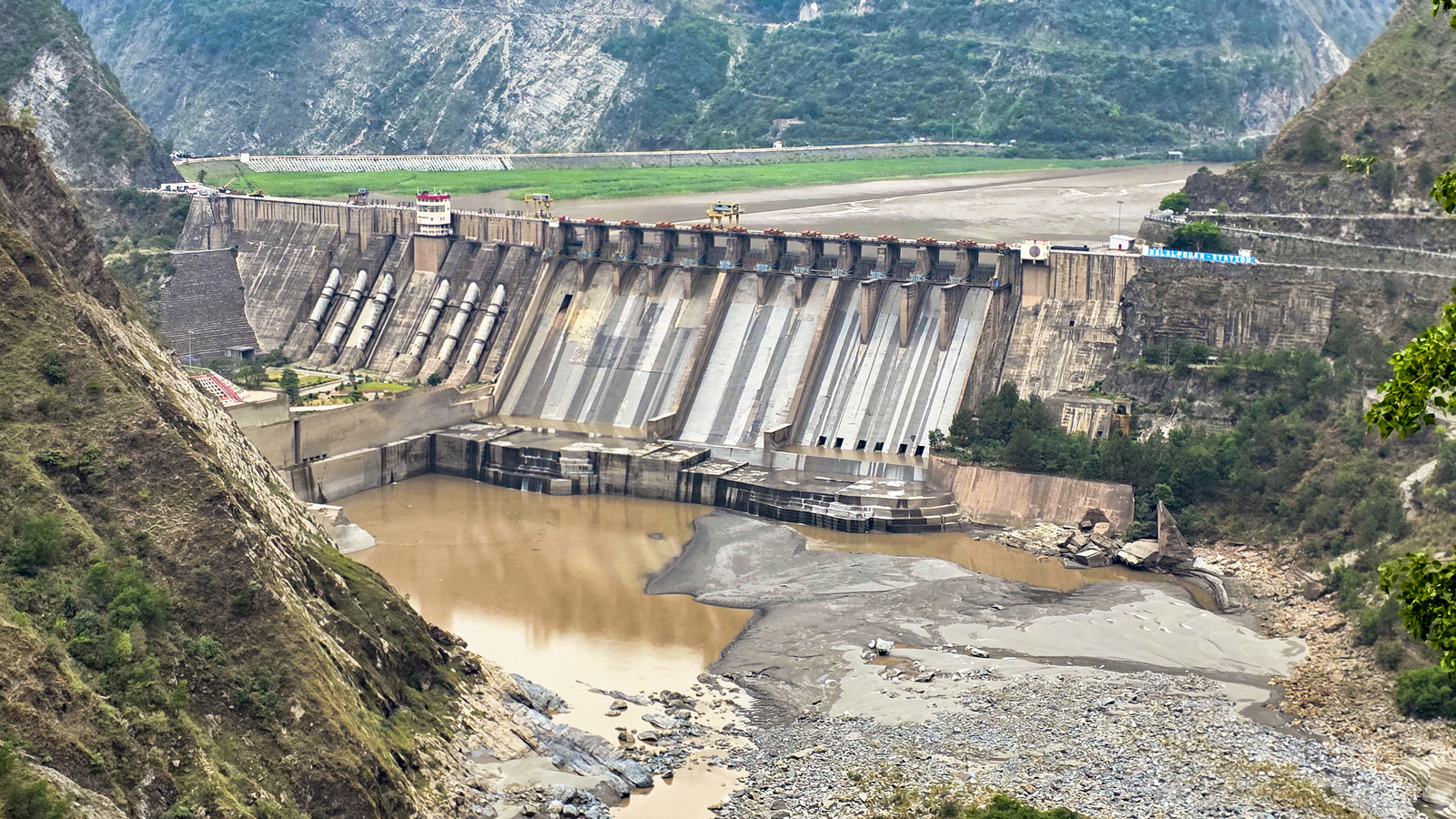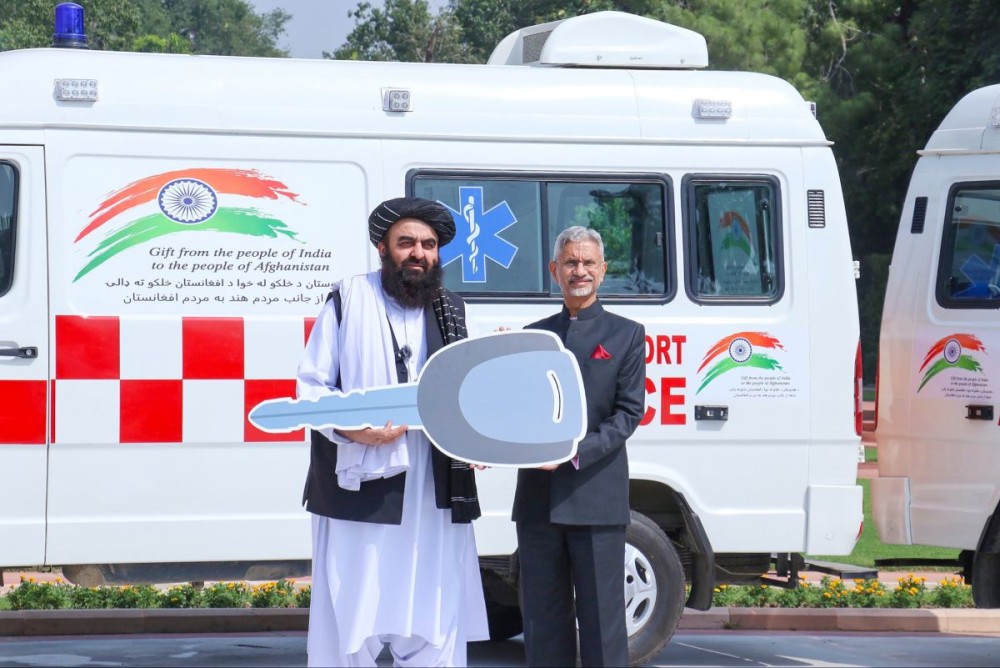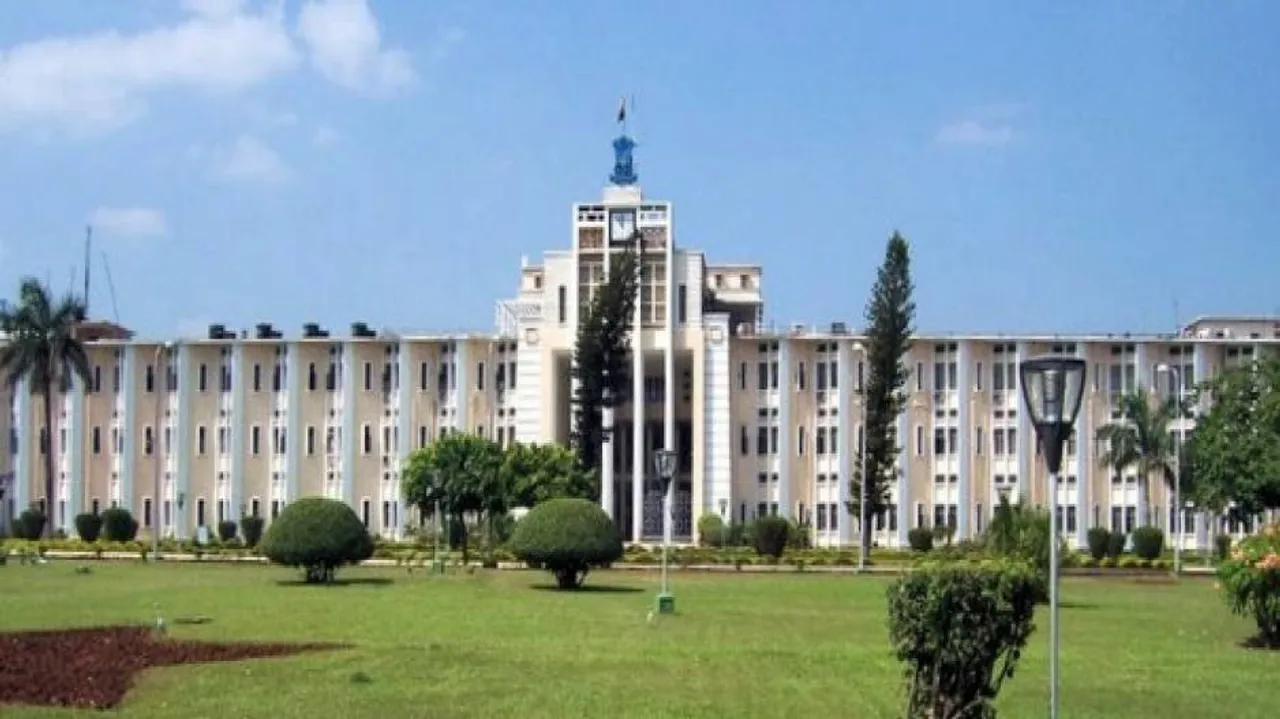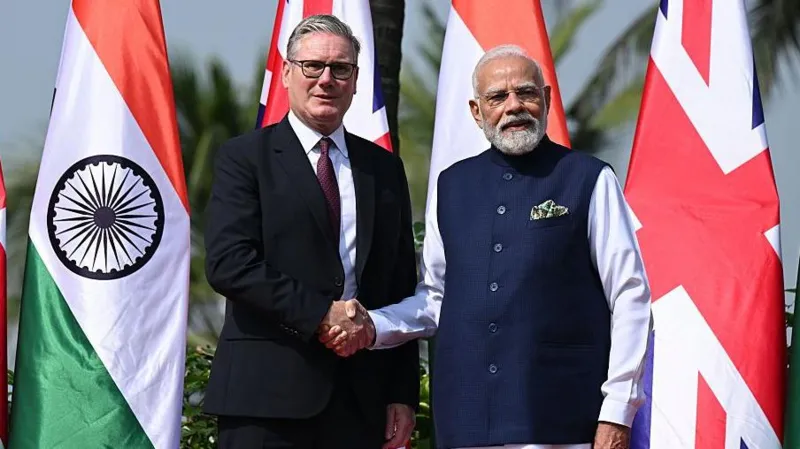New Delhi: In the wake of the Pahalgam terror attack that claimed the lives of 26 Indian tourists, India has decided to keep the Indus Waters Treaty (IWT) in abeyance, despite four formal requests from Pakistan urging its reinstatement, sources confirmed. The decision underscores India’s firm stance that “blood and water cannot flow together.”
According to officials, Pakistan’s Ministry of Water Resources Secretary, Syed Ali Murtaza, sent the letters to India’s Jal Shakti Ministry, which later forwarded them to the Ministry of External Affairs (MEA). These repeated appeals come amid growing desperation in Islamabad, as the country faces a looming water crisis.
India’s decision follows the April 22 terror attack in Jammu and Kashmir’s Pahalgam and the subsequent launch of Operation Sindoor, a strategic military operation targeting terrorist infrastructure in Pakistan and Pakistan-Occupied Kashmir (PoK).
“Terror and Trade Cannot Go Together”
Indian sources say Pakistan has “consistently violated the spirit of the IWT” by fostering cross-border terrorism while obstructing crucial updates to shared water infrastructure. The treaty, signed in 1960 and brokered by the World Bank, governs the use of six rivers — Indus, Jhelum, Chenab, Ravi, Beas, and Sutlej — with India holding rights to the eastern rivers and Pakistan to the western ones.
India’s Cabinet Committee on Security (CCS) formally approved the suspension of the IWT post-attack, invoking national security prerogatives. The government maintains the treaty will remain suspended until Pakistan “credibly and irreversibly” ends its support for terrorism.
Mounting Pressure in Pakistan
The suspension of the treaty has sparked panic among Pakistan’s political class. Senator Syed Ali Zafar publicly warned in May, “We would die of hunger if we don’t resolve the water crisis now. The Indus Basin is our lifeline… This is like a water bomb hanging over us, and we must defuse it.”
An estimated three-fourths of Pakistan’s water comes from rivers that originate in India, with 90% of its crops and all major power projects relying on this water supply.
India’s Position at the UN
India’s Permanent Representative to the UN, P. Harish, addressed Pakistan’s recent disinformation campaign during an informal UN Security Council meeting. He stressed that India has shown “extraordinary patience and magnanimity” despite being subjected to three wars and thousands of terrorist attacks by Pakistan.
Harish also noted that India had repeatedly asked Pakistan to engage in discussions to modify the treaty in line with evolving realities — such as climate change, clean energy needs, and demographic shifts — but Islamabad refused to cooperate.
A Turning Point
The IWT, once hailed as a cornerstone of India-Pakistan cooperation even during wartime, is now at a historic inflection point. With India taking a resolute stand post-Pahalgam, experts say the move sends a powerful message: national security and sovereignty come before legacy agreements if trust is broken.










